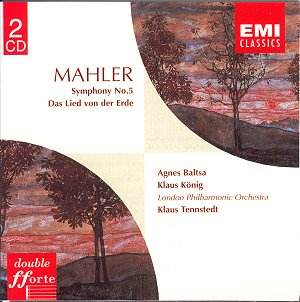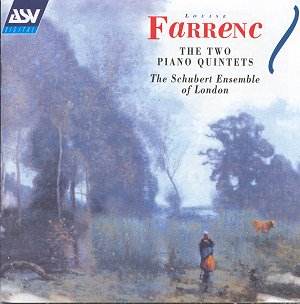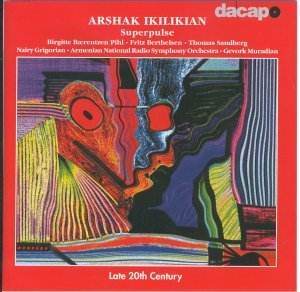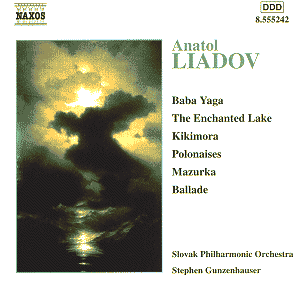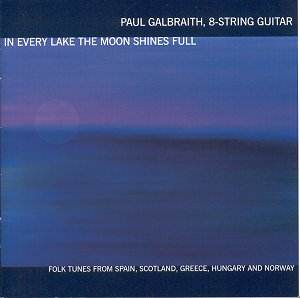 Composer: Paul Galbraith
Composer: Paul Galbraith
Works: Folk Tunes from Spain, Scotland, Greece, Hungary, and Norway; including selections by Joaquin Nin-Culmell, Marjory Kennedy-Fraser, Yannis Constantinidis, Federico Moreno-Torroba, Béla Bartók, and Edvard Grieg
Performers: Paul Galbraith (8-string guitar)
Recording: Rec 2001
Label: DELOS DE 3236
The exploration of folk traditions within the classical music sphere has often yielded a rich tapestry of sound reflecting the cultural nuances of various nations. Paul Galbraith’s latest offering, Every Lake The Moon Shines Full, presents a carefully curated collection of folk tunes from Spain, Scotland, Greece, Hungary, and Norway. Each selection, predominantly arranged by the guitarist himself, serves as a testament to Galbraith’s ability to traverse and unify these diverse musical landscapes, illuminating the stylistic idiosyncrasies inherent in each tradition while maintaining an overarching coherence.
Galbraith’s interpretive choices are particularly noteworthy in this compilation. For instance, the Tonadas of Joaquin Nin-Culmell emerge with a historical gravitas that contrasts sharply with the rustic charm of Federico Moreno-Torroba’s Aires de la Mancha. Where Torroba’s work encapsulates the vibrancy of Spanish folk music, Nin-Culmell’s arrangements evoke a narrative depth that suggests a longing for the past. This duality is expertly captured by Galbraith, whose expressive phrasing and nuanced dynamics breathe life into these pieces, inviting the listener to reflect on their cultural origins.
The recording quality merits commendation as well. The sound engineering captures the intricate textures of Galbraith’s unique eight-string guitar, an instrument that expands the tonal range and resonance, allowing for a more varied palette of sound. The added strings, one tuned to a high A and another to a low C, coupled with David Rubio’s innovative external sound box, endow the performance with a clarity and depth that enhances the listening experience. The crisp articulation of notes, particularly in Bartók’s For Children, showcases Galbraith’s technical prowess while simultaneously revealing the harmonic richness of the Hungarian folk tradition. The juxtaposition of the buoyant melodies against the backdrop of the guitar’s sonorous body creates an immersive auditory experience.
Technical execution is also a point of focus. Galbraith’s use of breath control, while occasionally audible, serves as a reminder of the physicality involved in such intimate performances. This aspect, while it may detract slightly from the overall experience, becomes a part of the fabric of live performance, reminding us of the human element behind the artistry. Furthermore, the transitions between each segment are smooth and well-considered, allowing the listener to engage with the music without interruption, thus reinforcing the collection’s narrative flow.
The interpretations offered here stand out against other notable recordings of folk arrangements, particularly in their commitment to authenticity. Galbraith’s choices reflect a deep understanding of the material, allowing for an interpretation that is both respectful and innovative. His ability to convey the emotional weight of works like Grieg’s Norwegian Folk Tunes and Kennedy-Fraser’s Songs of the Hebrides is particularly striking. Each piece feels as though it has been reimagined through Galbraith’s lens, while still honoring its origins.
This disc represents a significant milestone in Galbraith’s artistic journey, showcasing not just his technical abilities but also his interpretive insight into the folk traditions of various cultures. Each track is a miniature masterpiece, and when taken as a whole, the collection transcends its individual components, revealing a profound dialogue between the past and present. This project may very well be regarded as Galbraith’s most original and effectively performed work to date, marking a commendable evolution for an already distinguished musician.
